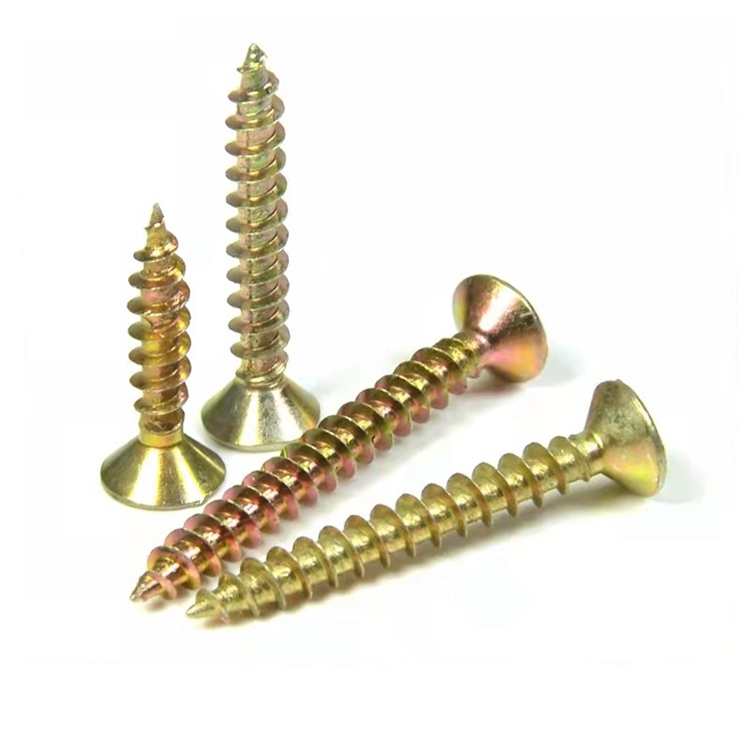High-Performance OEM DIN 6921 Flange Nuts for Secure and Durable Applications in Various Industries
Aug . 13, 2024 23:41 Back to list
High-Performance OEM DIN 6921 Flange Nuts for Secure and Durable Applications in Various Industries
Understanding OEM DIN 6921 Flange Nuts A Comprehensive Overview
In modern industry, the demand for reliable and high-performance fastening solutions is ever-increasing. One such crucial component is the OEM DIN 6921 flange nut, a specialized fastener designed to provide robust and secure connections in various applications. This article explores the features, benefits, and applications of DIN 6921 flange nuts, along with their significance in the manufacturing and engineering sectors.
What are OEM DIN 6921 Flange Nuts?
OEM (Original Equipment Manufacturer) DIN 6921 flange nuts are a type of nut characterized by a wide, circular flange at one end. This flange serves to distribute the load over a larger surface area, which helps prevent damage to the material being fastened. The DIN 6921 standard is a German specification that outlines the dimensions, tolerances, and material requirements for these types of nuts, ensuring consistency and reliability across various manufacturing applications.
These flange nuts are typically made from high-strength materials such as carbon steel, stainless steel, or alloy steel, which are often treated to enhance their corrosion resistance and durability. The flanged design not only improves load distribution but also provides greater resistance to loosening due to vibration, making them ideal for dynamic applications.
Advantages of DIN 6921 Flange Nuts
1. Load Distribution The primary advantage of flange nuts is their ability to evenly distribute the load. This characteristic minimizes stress concentrations, reducing the risk of failure in both the fastener and the components being secured.
2. Vibration Resistance Because of their design, DIN 6921 flange nuts offer better resistance to loosening from vibrations compared to traditional nuts. This makes them particularly suitable for applications in industries such as automotive, aerospace, and machinery where vibrations are common.
3. Ease of Installation Flange nuts typically require no additional washers, simplifying the installation process. This feature not only saves time and labor costs but also reduces the total number of components needed for a fastening solution.
oem din6921 flange nuts

4. Corrosion Resistance Available in various materials with different coatings, OEM DIN 6921 flange nuts can be sourced specifically for environments where corrosion would be a concern. For instance, stainless steel options are ideal for marine or high-moisture environments.
Applications of DIN 6921 Flange Nuts
DIN 6921 flange nuts are used extensively across a wide range of industries, thanks to their versatility and reliable performance
- Automotive Industry In vehicles, these nuts are utilized in assembling engine parts, chassis, and various components that must withstand rigorous operational conditions.
- Aerospace Engineering The aerospace sector requires fasteners that can endure extreme conditions, and the load distribution capability of flange nuts makes them a preferred choice in aircraft construction.
- Construction and Civil Engineering DIN 6921 flange nuts are also common in construction, where they are used in structural steel connections and mounting applications that need to support heavy loads.
- Machinery and Equipment Manufacturing In various types of machinery, these nuts help secure critical components, contributing to the overall safety and reliability of the equipment.
Conclusion
OEM DIN 6921 flange nuts play a vital role in ensuring the integrity of mechanical assemblies across numerous industries. Their unique design minimizes the potential for loosening, enhances load distribution, and simplifies installation processes. As industries continue to evolve and demand higher standards of safety and performance, the significance of reliable fasteners like DIN 6921 flange nuts will remain paramount. Understanding their features, benefits, and applications can aid engineers and manufacturers in making informed decisions that enhance productivity and ensure the longevity of their products.
Latest news
-
Top Wire Bolts Suppliers - Quality & Durable Fasteners
NewsAug.15,2025
-
Trusted Wire Bolts Company | Quality Fasteners Supplier
NewsAug.14,2025
-
Reliable Wire Bolts Suppliers & Manufacturers for Global Needs
NewsAug.13,2025
-
High-Quality Bolts for Lawn Mower Handle Supplier
NewsAug.12,2025
-
Leading Phosphated Drywall Screws Supplier | Bulk & Custom Orders
NewsAug.11,2025
-
Top Wire Bolts Company: Manufacturers, Exporters & Suppliers
NewsAug.10,2025
